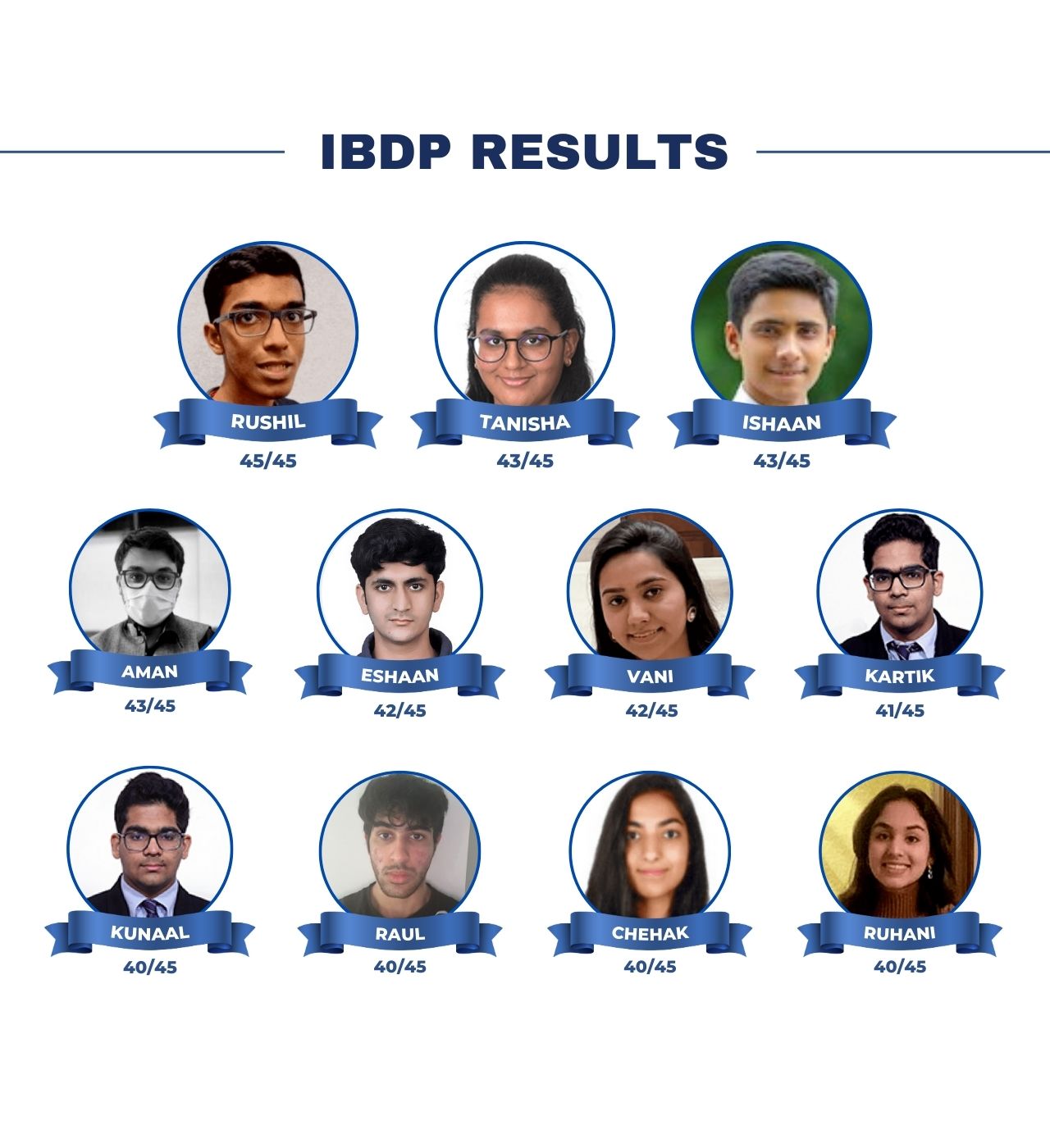Table of Contents
- 1 Defining GPA and Its Importance in Academics
- 2 The Impact of a 3.1 GPA on College Admissions
- 3 Tips for Maintaining or Improving a 3.1 GPA
- 4 Case Studies: Successful Individuals with a 3.1 GPA
- 5 The Role of Extracurricular Activities in Boosting a 3.1 GPA
- 6 Overcoming Challenges and Bouncing Back from Low GPAs
- 7 Conclusion
Welcome to our blog post all about the illustrious 3.1 GPA! Whether you’re a student striving for academic success or a parent wanting to understand the significance of this grade point average, you’ve come to the right place. In this article, we’ll delve into what exactly GPA is and why it holds such importance in academics. We’ll explore how a 3.1 GPA can impact college admissions and provide tips on maintaining or even improving your grade point average. Plus, we’ll share inspiring case studies of successful individuals who achieved greatness with a 3.1 GPA. So, get ready to dive into the world of GPAs and discover how you can strive for excellence with that magical number: 3.1!
Defining GPA and Its Importance in Academics
The grade point average, commonly known as GPA, serves as a numerical representation of a student’s academic performance. It is calculated by averaging the grades received in all coursework over a certain period, usually one semester or an entire academic year. GPA provides an objective measure of how well students are performing academically and is used by schools, colleges, and universities to evaluate their achievements.
But why does GPA hold such importance in academics? Well, it serves multiple purposes. It helps institutions assess a student’s overall academic abilities and potential for success in higher education. A high GPA indicates strong dedication to studies and consistency in achieving good grades.
Furthermore, GPA plays a significant role when it comes to college admissions. Many educational institutions consider the applicant’s GPA as one of the essential factors during the admission process. A 3.1 GPA can be seen as above average and demonstrates competence in various subjects.
Additionally, maintaining a good GPA opens doors to various opportunities such as scholarships, honors programs, internships, and even future career prospects. Employers often look at GPAs while considering job applicants fresh out of college as they provide insight into their work ethic and ability to meet deadlines.
In short,GPA acts as both a reflection of your hard work throughout your academic journey and also paves the way for future successes.
It showcases your dedication towards learning new concepts, research skills, time management capabilities, and overall commitment towards excellence.
Bearing all this significance, it becomes crucial for students to strive for achieving their best possible GPAs!
The Impact of a 3.1 GPA on College Admissions
Your GPA, or Grade Point Average, is an essential factor that colleges consider when evaluating your academic performance and potential. While a 3.1 GPA may not be the highest, it can still have a significant impact on your college admissions prospects.
A 3.1 GPA demonstrates that you are consistently achieving above-average grades in your coursework. This shows college admissions officers that you have the ability to handle challenging academic material and maintain solid academic performance.
Although some highly competitive colleges may prioritize applicants with higher GPAs, many other institutions value more than just grades. They take into account factors such as extracurricular activities, personal essays, letters of recommendation, and standardized test scores.
Having a 3.1 GPA does not disqualify you from gaining admission to reputable colleges and universities. It simply means that you might need to supplement your application with other strengths to stand out among the competition.
To enhance your chances of acceptance with a 3.1 GPA, focus on showcasing other areas of excellence in your application package. Engage in meaningful extracurricular activities that align with your interests and demonstrate leadership abilities or community involvement.
Additionally, write compelling personal essays that highlight unique experiences or perspectives which set you apart from other applicants with higher GPAs but less distinctive narratives.
Remember that each college has its own criteria for evaluating applications; there isn’t one magic number they’re looking for in terms of GPA alone!
In conclusion (as per instructions), while having a high GPA is certainly advantageous during the college admissions process, don’t let a slightly lower GPA discourage you from pursuing your dreams! The impact of a 3.1 GPA can be mitigated by demonstrating strengths beyond academics and showcasing what makes you truly exceptional as an individual applicant!
Tips for Maintaining or Improving a 3.1 GPA
So, you’ve got a 3.1 GPA and you’re looking to maintain it or even bump it up? Well, you’ve come to the right place! Here are some practical tips to help you achieve academic success and keep that GPA on track.
Staying organized is key. Create a study schedule and stick to it. Set aside dedicated time each day for studying and completing assignments. This will help you stay focused and prevent procrastination.
Actively participate in class. Engage with your professors, ask questions, and contribute to discussions. Not only will this show your commitment to learning but also help solidify concepts in your mind.
Additionally, make use of available resources such as tutoring services or study groups. Collaborating with peers can provide fresh perspectives and make complex subjects more manageable.
Furthermore, develop effective studying techniques that work best for you. Experiment with different methods like flashcards, summarizing information in your own words, or teaching someone else the material.
Lastly – don’t forget about self-care! It’s important to take breaks when needed and prioritize restful sleep alongside regular exercise and healthy eating habits.
By implementing these tips into your routine, maintaining or improving a 3.1 GPA is within reach! Keep pushing yourself towards academic excellence – you’ve got this!
Case Studies: Successful Individuals with a 3.1 GPA
When it comes to academic success, many people believe that a high grade point average (GPA) is the only path to achievement. However, there are numerous examples of individuals who have achieved great success despite having a 3.1 GPA.
One such example is Mark Zuckerberg, the co-founder and CEO of Facebook. Despite his relatively modest GPA at Harvard University, Zuckerberg went on to create one of the most successful social media platforms in history.
Another individual who defied expectations is Oprah Winfrey. The media mogul and philanthropist had a 3.1 GPA during her college years but went on to become one of the most influential figures in television and entertainment.
Additionally, Steve Jobs, the co-founder of Apple Inc., also had a 3.1 GPA during his time at Reed College. Despite facing setbacks early in his career, Jobs persevered and revolutionized the technology industry with groundbreaking innovations like the iPhone and iPad.
These case studies highlight that success is not solely determined by academic performance alone. While a 3.1 GPA may not be exceptional by traditional standards, it does not define an individual’s potential or future achievements.
Instead of fixating on grades alone, aspiring students should focus on developing their skills, pursuing their passions outside of academics through extracurricular activities or internships, and cultivating strong relationships within their chosen fields.
The Role of Extracurricular Activities in Boosting a 3.1 GPA
Extracurricular activities play a crucial role in boosting a 3.1 GPA and are often overlooked by many students. These activities not only provide a break from academics but also offer opportunities for personal growth, skill development, and time management. Engaging in extracurriculars allows students to explore their interests and passions outside of the classroom, which can have positive effects on their academic performance.
Participating in clubs, sports teams, or community service organizations can enhance critical thinking skills, teamwork abilities, and leadership qualities – all of which translate into better grades. For example, joining a debate club can improve communication skills and analytical thinking that directly impact success in essay writing or class discussions.
Additionally, extracurricular activities teach valuable time management skills as students must balance their commitments alongside academics. This ability to prioritize tasks effectively helps maintain focus on studies while still engaging in other pursuits.
Furthermore, involvement in extracurriculars demonstrates dedication and commitment to college admissions officers who value well-rounded individuals. It showcases an applicant’s ability to manage multiple responsibilities simultaneously – a quality highly sought after by universities.
Overcoming Challenges and Bouncing Back from Low GPAs
Facing a low GPA can be disheartening, but it’s important to remember that it doesn’t define your worth or future success. Many successful individuals have experienced setbacks in their academic journey and managed to bounce back stronger than ever.
When faced with a low GPA, the first step is to assess the situation objectively. Understand what led to the decline and identify areas for improvement. This could involve seeking help from teachers, tutors, or academic advisors who can provide guidance on study techniques or time management skills.
It’s crucial not to dwell on past mistakes and instead focus on moving forward. Take advantage of resources available such as tutoring programs, study groups, or online courses that can supplement your learning outside the classroom. Developing a proactive mindset will help you regain control of your academics.
Additionally, setting realistic goals is essential for bouncing back from a low GPA. Break down larger objectives into smaller achievable tasks and track your progress along the way. Celebrate each milestone reached as it will fuel motivation to continue pushing forward.
Don’t forget about self-care during this process! Maintaining good physical health through exercise, proper nutrition, and adequate sleep will enhance cognitive function and overall well-being.
Don’t underestimate the power of perseverance and resilience when facing academic challenges. Remember that setbacks are temporary roadblocks which offer opportunities for growth and development. Stay determined and committed to improving your grades despite obstacles encountered along the way.
By overcoming challenges associated with a low GPA head-on while prioritizing personal growth, you’ll build valuable skills that extend beyond academics – resilience being one of them!
Conclusion
In the pursuit of academic success and achievement, a 3.1 GPA can be a stepping stone towards greater accomplishments. While it may not be the highest possible GPA, it is still a respectable measure of one’s academic performance. Throughout this article, we have explored the importance of GPA in academics and its impact on college admissions.
We have also provided tips for maintaining or improving a 3.1 GPA, including effective study strategies, seeking support from teachers and peers, and staying organized. Additionally, we highlighted case studies of successful individuals who thrived with a 3.1 GPA.
Furthermore, we discussed the role of extracurricular activities in boosting a 3.1 GPA by enhancing skills such as time management and teamwork while also demonstrating well-roundedness to colleges and universities.
We delved into overcoming challenges and bouncing back from low GPAs by emphasizing resilience and determination in the face of setbacks.
In conclusion (oops!), while achieving an exceptional academic record is undoubtedly desirable, it is important to remember that grades are just one aspect of an individual’s overall potential for success. A 3.1 GPA should not define your worth or limit your aspirations; rather it should serve as motivation to continue striving for excellence in all areas of life – academically, personally, and professionally!








